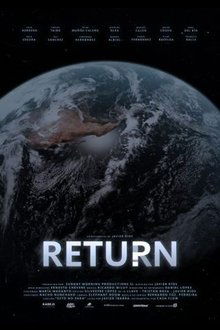Clarissa is a driven, straight-talking single Black mother and social warrior in Oakland, California. Becoming unhoused with an infant inspired her to champion childcare and preschool as a human right. Funny and irreverent, Clarissa's infectious energy pulls us along as she presses forward, with fortitude gained through effort and loss. But juggling this work with raising a young son pushes Clarissa into a personal healthcare crisis far too common among stressed, working mothers, especially women of color. Clarissa's Battle follows her journey as a community leader, political candidate and time-stretched mother as she fights for the health and dignity of children and their parents nationwide. This isn't just Clarissa's battle - it's our battle, too.
Related Movies
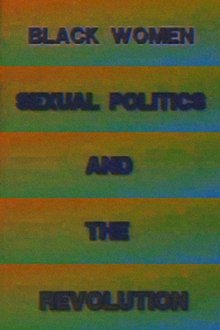
Black Women, Sexual Politics and the Revolution (1992)
Focuses on sexual equality in the Black community.
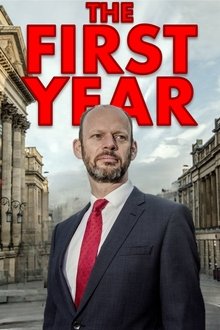
The First Year (2021)
The First Year tells the inside story of Jamie Driscoll’s first 12 months as the new North of Tyne Mayor.

Oh Canada! Our Bought and Sold Out Land (2009)
If you think you know how money is created in Canada, think again. Great home made documentary about Canada and its current monetary system. Canada in a nutshell. Great interviews with former Prime Ministers, MP’s and others. It doesn’t matter where you are, in what country you live. This might be happening to your county too. This is a movie about money, debt, and ownership (as in who owns the
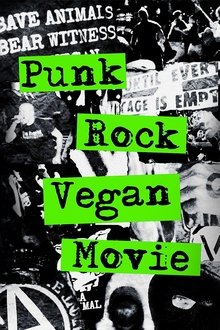
Punk Rock Vegan Movie (2023)
The ongoing relationship between the worlds of punk rock and animal rights and how the music became a breeding ground for vegan activism.

Merkel-Jahre - Am Ende einer Ära (2021)
The film shines a light onto federal chancellor Angela Merkel and her now ending 16-year-long tenure. An era, not an episode. And a vagarious relationship history between the chancellor and the Germans. Who has changed whom here?
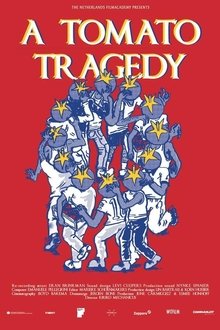
A Tomato Tragedy (2023)
In southern Italy, stateless migrants pick the tomatoes the rest of the world will taste. But what about these workers’ European dreams? Will they be ground to a pulp? Our canned tomatoes are picked by migrant workers who have come to southern Italy to realise their dream of Europe. However, they never get beyond the tomato fields. This documentary shows how the tomato broaches a broader issue. Will the pickers keep believing in their dream, or fight against a Europe where others reap the sweet rewards of their disillusion?
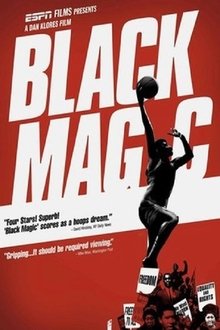
Black Magic (2008)
Examines Civil Rights-era America through the prism of basketball at historically black colleges and universities.

Dixie Chicks: Shut Up and Sing (2006)
Shut Up and Sing is a documentary about the country band from Texas called the Dixie Chicks and how one tiny comment against President Bush dropped their number one hit off the charts and caused fans to hate them, destroy their CD’s, and protest at their concerts. A film about freedom of speech gone out of control and the three girls lives that were forever changed by a small anti-Bush comment
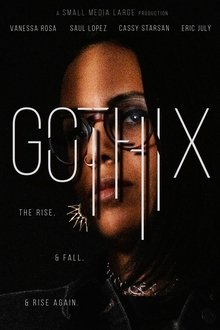
Gothix (2023)
An innovative and charismatic influencer is suddenly exiled from her community of creative partners and colleagues when she states an opinion that she did not know was “unacceptable” in their eyes.
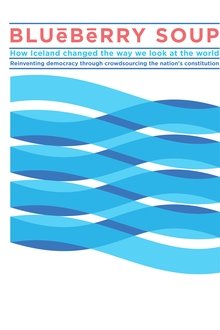
Blueberry Soup (2013)
Following a national crisis, the citizens of Iceland rallied together to collectively write the first ever crowdsourced constitution. A deeply touching account of an eclectic group of individuals reinventing democracy through the rewriting of the nation's constitution, proving that Iceland is not a broken country but instead an intricate web of concerns, ideas, and ultimately creative solutions.
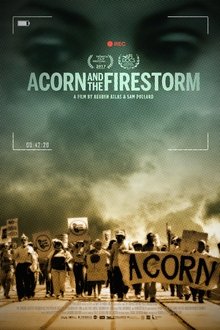
Acorn and the Firestorm (2017)
For 40 years, the community-organizing group ACORN advocated for America’s poorest communities, while its detractors accused it of promoting the worst of liberal policies. Riding high on the momentum of Barack Obama’s presidential victory in 2008, ACORN was at its political zenith when a hidden-camera video sparked a national scandal and brought it crashing down. The story involves voter fraud, a fake prostitute, and the rise of Breitbart.com.

Ivanka Trump- America's Real First Lady? (2017)
Donald Trump's daughter Ivanka has been appointed to an official role within the White House, but what does she believe in and how much political clout does she actually have?
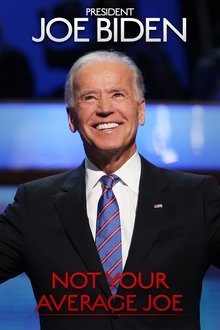
President Joe Biden: Not Your Average Joe (NaN)
After two failed presidential campaigns, learn how Joe Biden overcame losses, controversies, and corruption scandals to finally take the oval office.
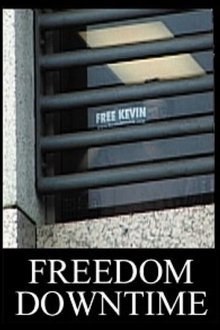
Freedom Downtime (2001)
A feature-length documentary about the Free Kevin movement and the hacker world.

Leninland (2013)
At the peak of Perestroika, in 1987, in the village of Gorki, where Lenin spent his last years, after a long construction, the last and most grandiose museum of the Leader was opened. Soon after the opening, the ideology changed, and the flow of pilgrims gradually dried up. Despite this, the museum still works and the management is looking for ways to attract visitors. Faithful to the Lenin keepers of the museum as they can resist the onset of commercialization. The film tells about the modern life of this amazing museum-reserve and its employees.

Fascism in Colour (2006)
After the World War I, Mussolini's perspective on life is severely altered; once a willful socialist reformer, now obsessed with the idea of power, he founds the National Fascist Party in 1921 and assumes political power in 1922, becoming the Duce, dictator of Italy. His success encourages Hitler to take power in Germany in 1933, opening the dark road to World War II. (Originally released as a two-part miniseries. Includes colorized archival footage.)
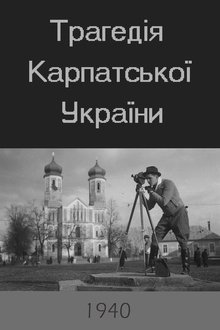
The Tragedy of Carpatho-Ukraine (1940)
Documentary-filmed events in the Carpatho-Ukraine (aka Ruthenia) during 1939 drive this history of the Ukraine's struggle for independence as a nation.

White Walls Say Nothing (2017)
Buenos Aires is a complex, chaotic city. It has European style and a Latin American heart. It has oscillated between dictatorship and democracy for over a century, and its citizens have faced brutal oppression and economic disaster. Throughout all this, successive generations of activists and artists have taken to the streets of this city to express themselves through art. This has given the walls a powerful and symbolic role: they have become the city’s voice. This tradition of expression in public space, of art and activism interweaving, has made the streets of Buenos Aires into a riot of colour and communication, giving the world a lesson in how to make resistance beautiful.
